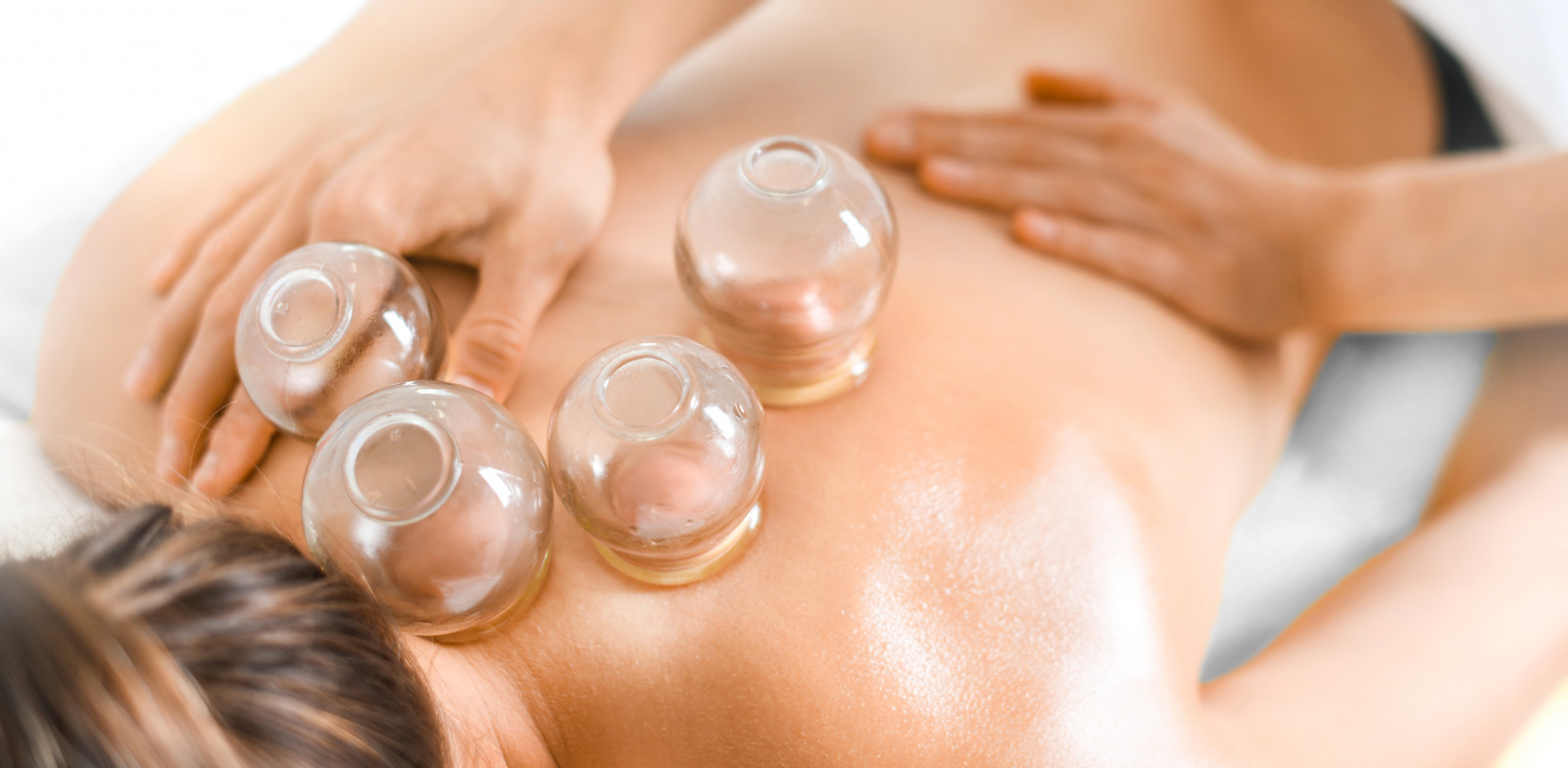Page 1 of 3 Next
Words of Wellness
Sep 17, 2025 Wellness News
At Elements Massage®, we’re always expanding the ways we can help you look and feel your best. While massage therapy is at the heart of what we do, we also recognize that complete wellness includes taking care of your skin. That’s why we’re excited to announce that chemical peels are now available at participating Elements Massage locations! If you’ve...
Apr 22, 2025 Wellness News
Whether it’s the tension leaving your shoulders, the glow on your skin, or simply the sense of calm that follows a session at an Elements Massage® studio, the benefits of taking time for self-care can be undeniable. Regular self-care practices—like consistent skin care routines, routine massage appointments, and exercise that you enjoy—are investments in your well-being. Here, we’ll explore why self-care can be important to your overall wellness, how massages and facials can benefit your health, and steps that you can take to create a solid self-care routine that helps you feel your best.
Feb 13, 2025 Wellness News
Whether you’re taking on new responsibilities at work, managing your family’s busy schedule, or taking care of your parents, life can get busy, and it’s easy to put yourself last. You care about the people who depend on you, and you want to do all that you can to make their lives better. That being said, you need to take care of yourself if you’re going to take care of others.
This February is the perfect time to start prioritizing self-love and self-care. Here, we’ll explore why it can be so easy to put yourself last, the possible benefits of making self-care a priority, how your physical and mental health can benefit from regular therapeutic massage, and other ways you can celebrate self-care this month.
Nov 15, 2024 Wellness News
The air is crisp, the pumpkin pie spice is wafting through the air… November is here, and that means it’s time to celebrate National Healthy Lifestyle Month! The Elements MassageⓇ studios, are here to help you feel your best in all aspects of your life, and are excited to provide you with healthy living tips that can support your wellness journey long after your weekly or monthly trip to your local massage studio.
Sep 16, 2024 Wellness News
For this blog post, take a deep dive into each of your options at an Elements Massage studio. With around 250 studios across the United States, you’re never far from your next refreshing session tailor-made for your unique wellness goals. Remember, if you have questions, don’t hesitate to ask. It’s the Massage Therapist’s job to create the most relaxing, therapeutic, customized experience possible each time you walk through the doors of a studio.
Jul 18, 2024 Wellness News
The Elements Massage® brand gets it: life is busy, and it only seems to get busier by the day. It’s easy to put your self-care routine to the bottom of your to-do list. Reminders that everyone needs to prioritize their own well being are vital, and there’s no better time than National Self-Care Day—July 24th— to remember that prioritizing your own well-being is an important part of wellness.
Apr 15, 2024 Wellness News
Watching the trees bloom and enjoying the smell of fresh April rain can give you the push that you need to get back into prioritizing self-care. If you resolved to start taking better care of yourself back in January but lost sight of your goals, no worries – we’ve all been there. Now is the time to recenter, refocus, and remember why you wanted to commit to self-care.
Whether you’re looking to revamp your existing self-care routine or you’re starting from scratch, there are many ways that you can give your overall wellness a boost.
Feb 15, 2024 Wellness News
The new year has arrived, and it’s time to prioritize your health and well-being. At Elements Massage, we get it–it can be tough to prioritize self-care when you have a tendency to take care of others first. If you’ve been putting yourself on the back burner, 2024 provides you with a fresh start–a c
Elements Massage Nov 8, 2023 Massage
Athletes and fitness enthusiasts are no strangers to the physical toll their activities can take on their bodies. From strenuous workouts to competitive sports, muscle soreness and fatigue are part of the game. Fortunately, there's a powerful tool available at Elements Massage that's been gaining traction in the sports world - cupping therapy. In this blog, we'll...
Elements Massage Nov 8, 2023 Massage
At Elements Massage, we're committed to providing our members and clients with the very best in therapeutic wellness. HerbalRitual®, an innovative hemp-infused oil offers extended therapeutic benefits that leave you feeling relaxed, rejuvenated, and pain-free. Discovering the Power of HerbalRitual® Whether you're new to the Elements Massage experience or...
Page 1 of 3 Next



